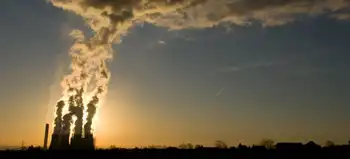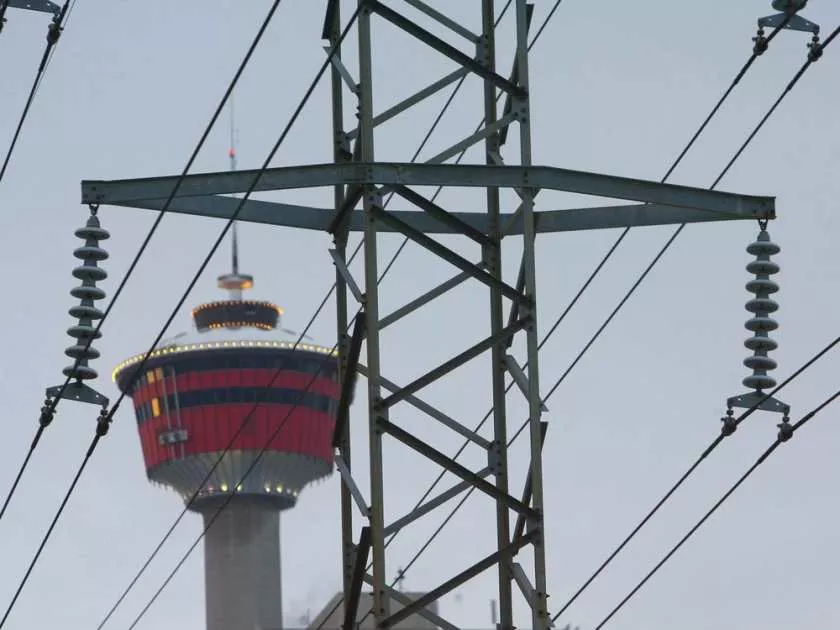Utilities try to nab the best and brightest
SOUTH CAROLINA - The state's two major electric utilities are hiring hundreds of nuclear energy specialists in anticipation of a turnover of an aging nuclear work force.
Progress Energy and Duke Energy are not merely replacing retirees but expanding their nuclear divisions as they seek licenses to build new reactors. Jobs are being filled with technicians, operators and engineers, each category comprising a variety of job descriptions.
For example, the power companies require several types of engineers - nuclear, chemical, civil, mechanical and electrical - to operate a nuclear power plant. To compete for talent, Progress Energy and Duke Energy offer paid summer internships to nuclear engineering students and often offer jobs well before the students graduate.
Progress Energy's undergraduate interns in nuclear engineering are paid $17 to $23 an hour or as much as $11,000 for 12 weeks of work at a nuclear plant. By the time they graduate, some of the interns have worked three summers, rotating among nuclear plants.
"This is really our pipeline strategy for our engineers," said Dayna Herrick, Duke Energy's nuclear work-force development manager. "The intern program is really an extended job interview."
Additionally, both utilities have active pipelines of technicians who work part time at nuclear plants as they earn two-year associate degrees. The technicians perform maintenance, troubleshooting, instrument calibration and radiation protection functions.
To keep the pipeline flowing, Duke Energy helped introduce a program in radiation protection technology at Spartanburg Community College in South Carolina, with courses taught by the company's nuclear staff.
Related News

Ireland: We are the global leaders in taking renewables onto the grid
DUBLIN - Ireland is now able to cope with 65% of its electricity coming from intermittent electricity sources like wind and solar – an expertise Energy Minister Denish Naugthen believes can be replicated on a larger scale as Europe moves towards 50% renewable power by 2030.
Denis Naughten is an Irish politician who serves as Minister for Communications, Climate Action and Environment since May 2016.
Naughten spoke to editor Frédéric Simon on the sidelines of a EURACTIV event in the European Parliament to mark the launch of EU-SysFlex, an EU-funded project, which aims to create a long-term roadmap for the large-scale integration…




